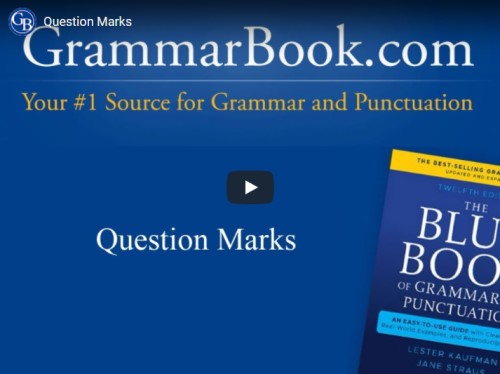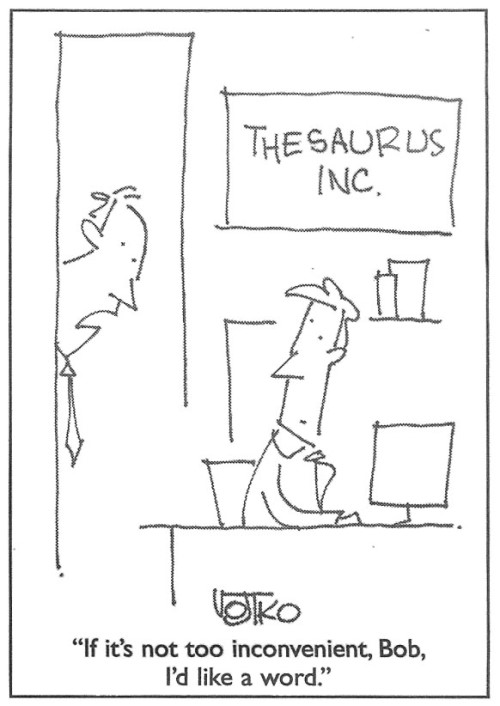|
While some of our articles focus on minor grammar points or innocent, common mistakes, here we want to tackle a bigger issue. Some people may struggle with the difference between was and were. Because these are both frequent words that might be used throughout the day, understanding how and when to apply each one can greatly improve your communication skills in American English.
Was and Were: Similarities and Differences
Both of these words come from the verb "to be." Obviously, being is a big part of life, so it shouldn't be a surprise that different forms of the verb are so often used (e.g., am, is, are).
In this case, both was and were are in the past tense. A main difference is that one (was) is singular, and the other (were) is often plural.
If was is past-tense singular, then it refers to one person or object being in a previous moment or time.
Examples
Karen was tired, so she took a nap. (She felt tired at a time before the present.)
I was looking for my cat all day, and when I finally found her, she was asleep under a blanket. (I was seeking the cat and it was sleeping at a time before the present.)
That sandwich was the best I ever had. (The sandwich had been eaten at a former time.) |
These are all singular subjects in a past-tense situation.
Were is past tense as well, but it works with plural subjects in the third person.
Examples
I looked all over, but my papers were nowhere to be found.
All the kids at the park were on their phones even though we rented a bouncing castle.
The suitcases were three days late in arriving at our vacation hotel. |
Were is also the past-tense form of to be for the second person singular (you) and plural (we).
Examples
You were Barbara's favorite teacher in grade school.
We were the first people in line for the Dave Matthews Band concert tickets. |
The past-tense verb were is used with the subjunctive mood as well. Learn more
|
View and comment on this
article on our website.
|
|
|

|
Pop Quiz
Using what you've learned in this article, choose the right verb for each sentence.
1. I heard there [was / were] several hundred runners at the race.
2. The barista [was / were] very helpful in making me a new latte after I dropped my first one.
3. That old car [was / were] rusty, but I loved the way the engine sounded.
4. It turned out those coins I found on the beach [was / were] worth a fortune.
5. My left shoe [was / were] ruined during my dog's temper tantrum.
|
 |
The Blue Book of Grammar and Punctuation
by Lester Kaufman and Jane Straus |
The Authority on English Grammar! Twelfth Edition Now Available
An indispensable tool for busy professionals, teachers, students, homeschool families, editors, writers, and proofreaders.
Available in print AND as an e-Book! Over 2,000 copies are purchased every month!
To order the book, simply click the link to order the book from the GrammarBook.com website.
|
Free BONUS Quiz for You!
[[firstname]], because you are a subscriber to the newsletter, you get access to one of the Subscribers-Only Quizzes. Click here to take a Spelling Quiz and get your scores and explanations instantly!
We will be adding many more quizzes this year to our already substantial list of them. If you have suggestions for topics we have not yet covered, please send us a message at help@grammarbook.com.
|
Hundreds of Additional Quizzes
at Your Fingertips
Subscribe now to receive hundreds of additional English usage quizzes not found anywhere else!
Teachers and Employers
Save hours of valuable time! You may assign quizzes to your students and employees and have their scores tallied, organized, and reported to you! Let GrammarBook.com take the hassle out of teaching English!
"Fun to test my skills."
"The explanations really help ... thanks!"
"I can select the quizzes to assign to my students, and then the results are reported to me automatically!"
If you think you have found an error in a quiz, please email us at help@grammarbook.com
|
Wordplay

Pop Quiz Answers
1. I heard there were several hundred runners at the race.
2. The barista was very helpful in making me a new latte after I dropped my first one.
3. That old car was rusty, but I loved the way the engine sounded.
4. It turned out those coins I found on the beach were worth a fortune.
5. My left shoe was ruined during my dog's temper tantrum.
|
 |
English in a Snap:
68 One-Minute English Usage Videos FREE |
Learn all about who and whom, affect and effect, subjects and verbs, adjectives and adverbs, commas, semicolons, quotation marks, and much more by just sitting back and enjoying these easy-to-follow lessons. Share them with your colleagues (and boss), children, teachers, and friends as well! Click here to watch.
|
|





